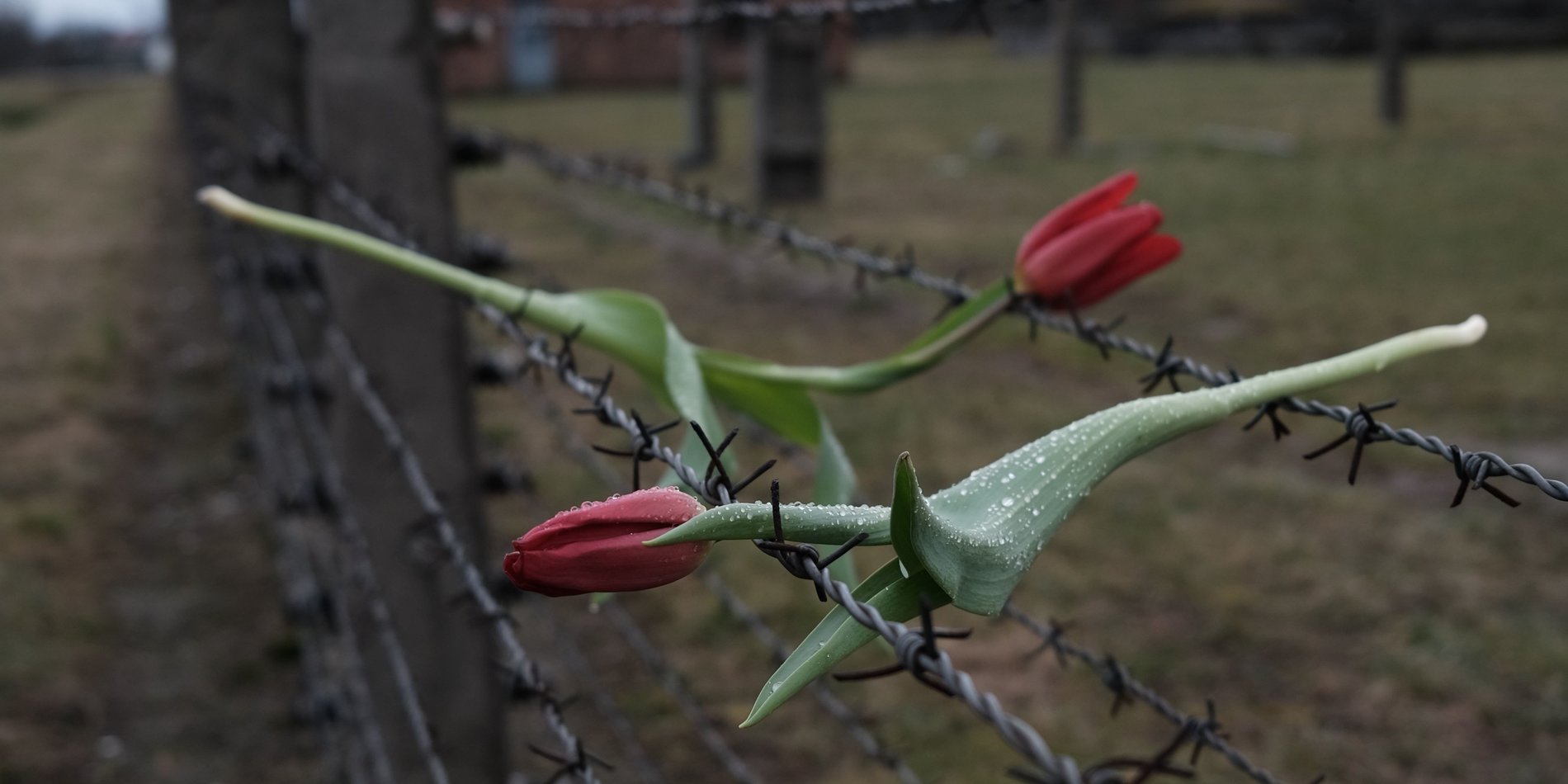INTNLREL 45Q: Genocide and Humanitarian Intervention
General Education Requirements
Course Description
The seminar traces the history of genocide since the beginning of the 20th century. It examines the role of humanitarian intervention to prevent or stop it and the use of international law to punish it. The discussion begins with the Armenian genocide during the First World War and includes the Holocaust, Cambodia under the Khmer Rouge in the 1970s, and the Kurds in Iraq in the 1980s. Coverage starting in the 1990s includes the cases of Bosnia, Rwanda, Kosovo, and Darfur and the more recent discussions of the appropriateness of the term genocide to describe the fate of the Yazidis in Syria, the Rohingya in Myanmar, the Uighurs in China, and the people of Ukraine.
Students will learn about the origins of the word "genocide," which was coined during the Second World War, and about the legal definition of genocide as spelled out in the 1948 Genocide Convention. A chief focus of the course is the response of the United States, both in words and deeds, to alleged cases of genocide from Armenia in 1915 to Ukraine in 2023.
Meet the Instructor: Bertrand Patenaude

“I became interested in the topic of genocide in the early 1990s, when I was teaching a course on the break-up of Yugoslavia and keeping a close eye on the tragic events unfolding in Bosnia. I began teaching genocide as a distinct topic starting in 2002, the year that Samantha Power's book, A Problem from Hell, our textbook, became an international best-seller.
“I grew up in Massachusetts, graduated from Boston College, and was a student in Vienna, Austria, for two years before entering the PhD program in History at Stanford. I spent a year in Moscow as a Fulbright Scholar in 1982–83 researching my dissertation. I travel every year as a lecturer for Stanford Travel/Study and the Smithsonian Institution. I live in Menlo Park with my wife and our beloved cats. We love dogs, too.”



